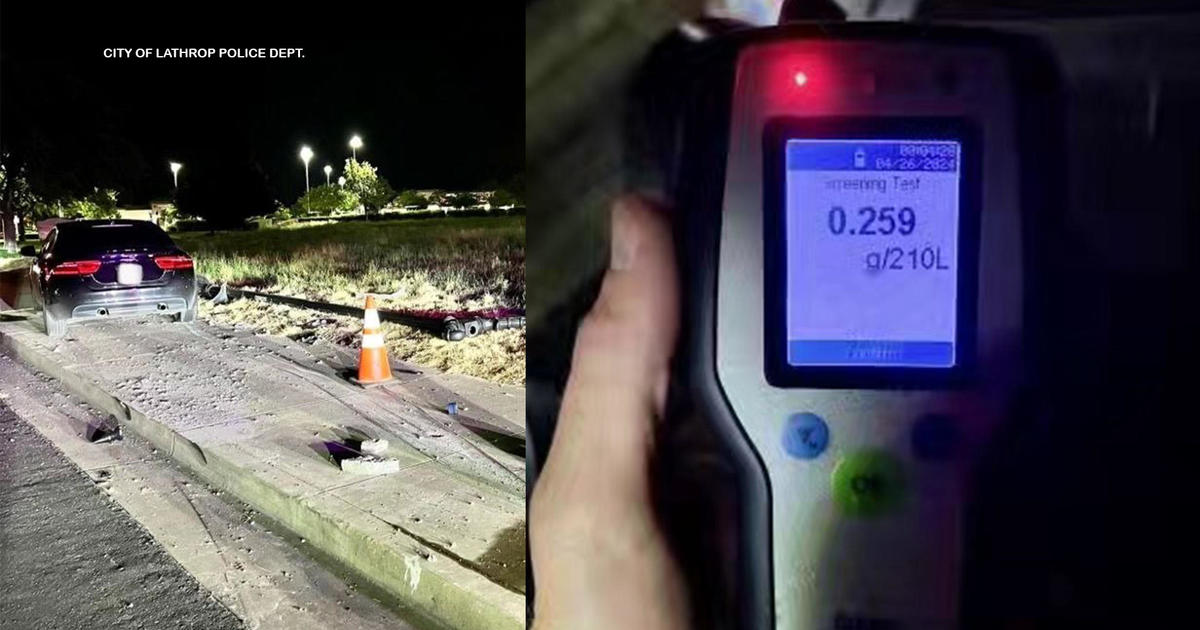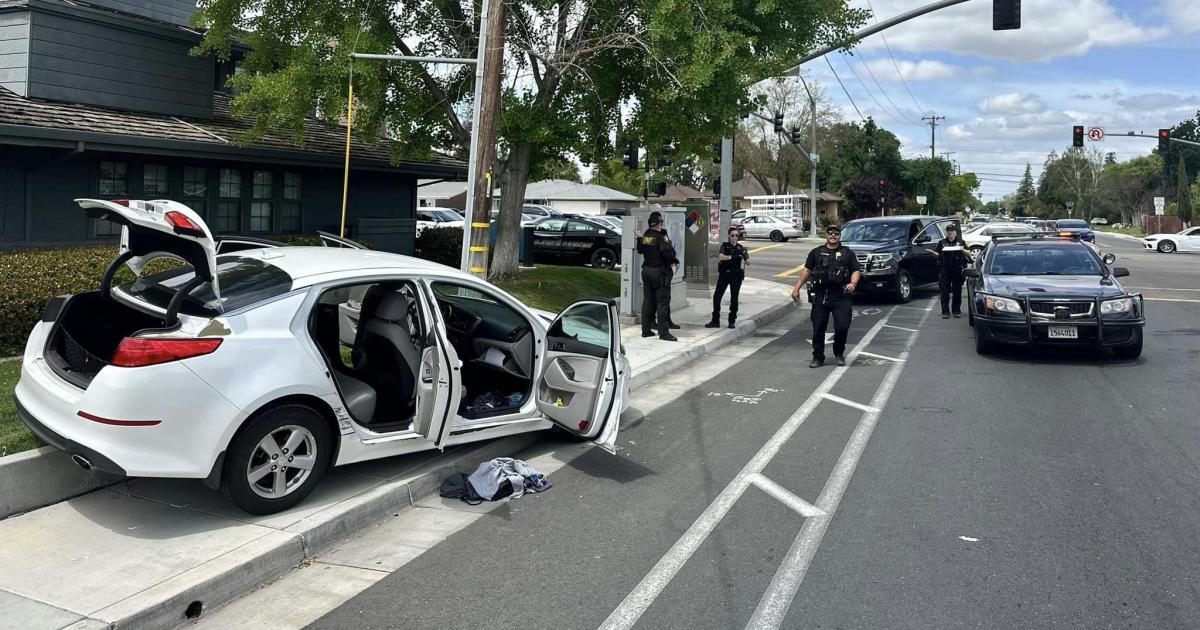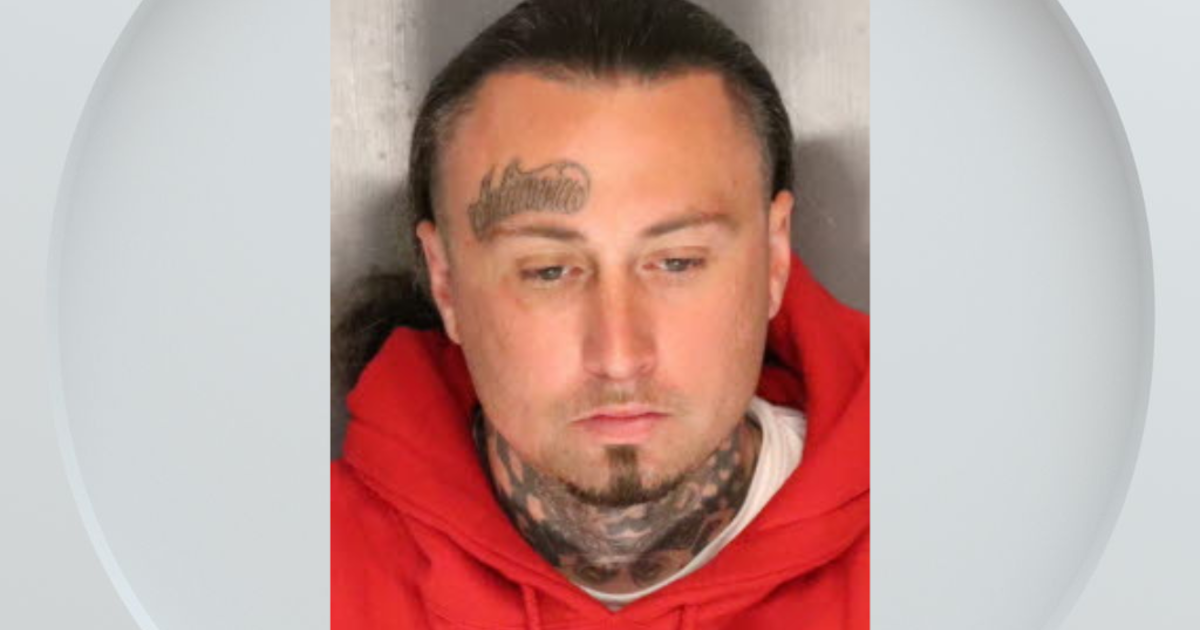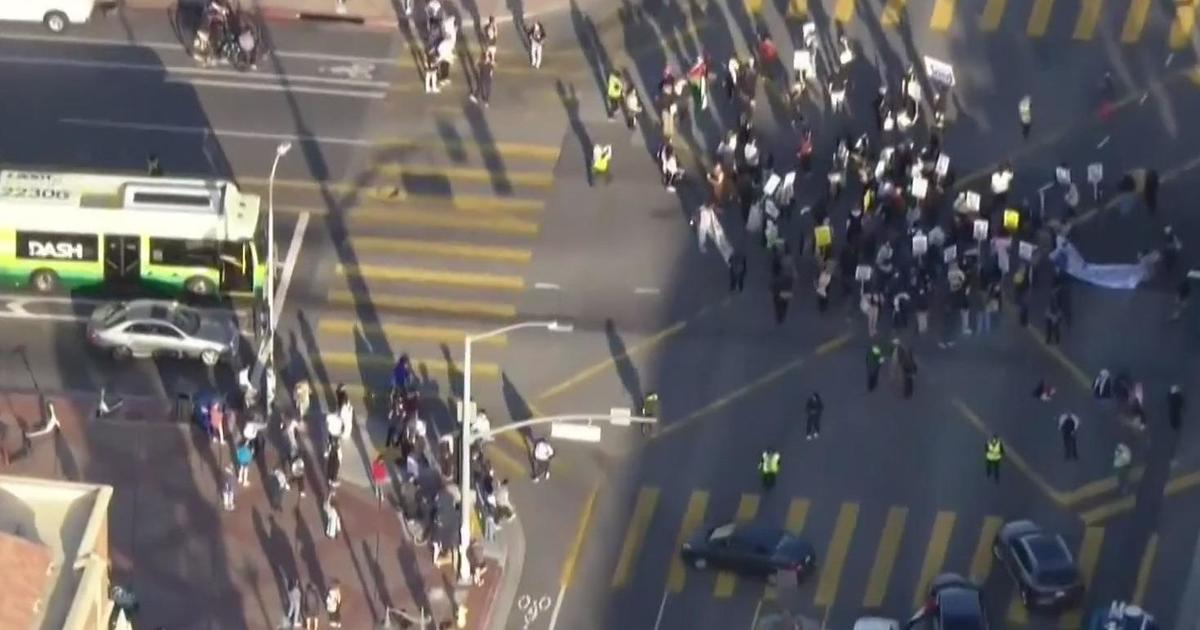Law Enforcement Wants Waze App Shut Down Over Police Safety Worries
WASHINGTON (AP) - Law enforcement is concerned that the popular Waze mobile traffic app by Google Inc., which provides real-time road conditions, can also be used to hunt and harm police.
Waze is a combination of GPS navigation and social networking. Fifty million users in 200 countries turn to the free service for warnings about nearby congestion, car accidents, speed traps, traffic cameras, construction zones, potholes, stalled vehicles or unsafe weather conditions.
Waze users mark police - who are generally working in public spaces - on maps without much distinction other than "visible" or "hidden." Users see a police icon, but it's not immediately clear whether police are there for a speed trap, a sobriety check or a lunch break.
To some in law enforcement, this feature amounts to a stalking app for people who want to harm police. They want Google to disable that feature.
The growing concern is the latest twist in Google's complicated relationship with government and law enforcement. It places the Internet giant, again, at the center of an ongoing global debate about public safety, consumer rights and privacy.
Los Angeles Police Chief Charlie Beck complained in a letter to Google's chief executive on Dec. 30 that Waze could be "misused by those with criminal intent to endanger police officers and the community."
The Los Angeles Police Department said Monday it had not heard back from Google about whether it had addressed Beck's concerns.
Google purchased Waze for $966 million in 2013.
There are no known connections between any attack on police and Waze, although Beck said Waze was used in the killing of two New York Police Department officers on Dec. 20. The Instagram account of the gunman in that case included a screenshot from Waze along with other messages threatening police.
Investigators do not believe the shooter, Ismaaiyl Brinsley, used Waze to ambush the NYPD officers, in part because police say Brinsley tossed his cellphone more than two miles from where he shot the officers. In his letter to Google, Beck said that Brinsley had been using the Waze app to track police since early December.
"I am confident your company did not intend the Waze app to be a means to allow those who wish to commit crimes to use the unwitting Waze community as their lookouts for the location of police officers," Beck wrote.
Some officers, like Sheriff Mike Brown of Bedford County, Virginia, think it's only a matter of time before Waze is used to hunt and harm police.
"The police community needs to coordinate an effort to have the owner, Google, act like the responsible corporate citizen they have always been and remove this feature from the application even before any litigation or statutory action," said Brown, who raised the issue at a National Sheriffs' Association meeting in Washington January 23.
Google declined to comment and directed questions to a Waze spokeswoman, Julie Mossler, who said the company thinks deeply about safety and security. She said Waze works with the New York Police Department and others around the world by sharing information.
"These relationships keep citizens safe, promote faster emergency response and help alleviate traffic congestion," Mossler said.
The NYPD did not respond to questions about Waze.
Google has a complicated relationship with government and law enforcement. The company worked closely with the Obama administration to defend itself against hacking by China's government, and it is regularly compelled to turn over to police worldwide copies of emails or other information about its customers. Last year, after disclosures that the National Security Agency had illicitly broken into Google's overseas Internet communication lines, Google and other technology companies rolled out encryption for consumers, which the U.S. government said could hamper law enforcement investigations. Also last year, Google and other companies sued the U.S. to allow them to more fully disclose to customers details about how much information they were required to hand over each year.
Nuala O'Connor, head of the Center for Democracy and Technology, a Washington civil liberties group, said it would not be appropriate for Google to disable the police-reporting feature.
"I do not think it is legitimate to ask a person-to-person communication to cease simply because it reports on publicly visible law enforcement," she said.
O'Connor said a bigger concern among privacy advocates is how much information about customers Waze shares with law enforcement, since the service necessarily monitors their location continually as long as it's turned on.
This is not the first time law enforcement has raised concerns with these types of apps. In 2011, four U.S. senators asked Apple to remove all applications that alert users to drunken driving checkpoints. Apple's current guidelines for developers state that the company will not accept apps with information about drunken driving checkpoints unless the checkpoints are published by law enforcement agencies, an Apple spokeswoman said.
___
Associated Press writers Tami Abdollah in Los Angeles, Colleen Long in New York and Michael Liedtke in San Francisco contributed to this report.
___
Follow Eileen Sullivan on Twitter at www.twitter.com/esullivanap
Copyright 2015 The Associated Press.



